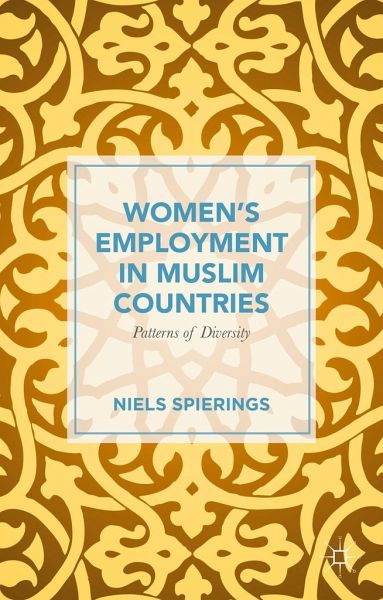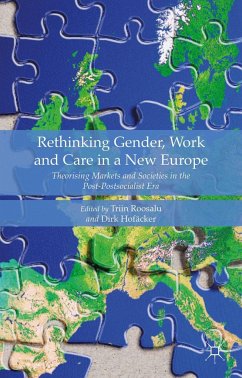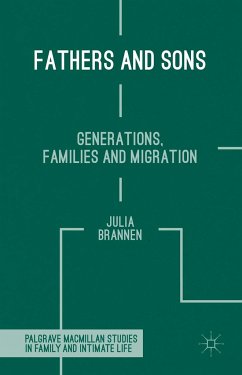
Women's Employment in Muslim Countries
Patterns of Diversity

PAYBACK Punkte
19 °P sammeln!
This book presents a new and nuanced exploration of the position of women in Muslim countries, based on research involving more than 300,000 women in 28 Muslim countries. It addresses topical debates on the role of Islam, modernization, globalization, neocolonialism, educational inequalities, patriarchy, household hierarchies, and more.












